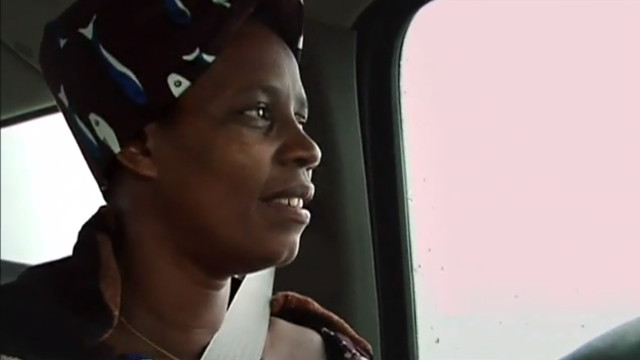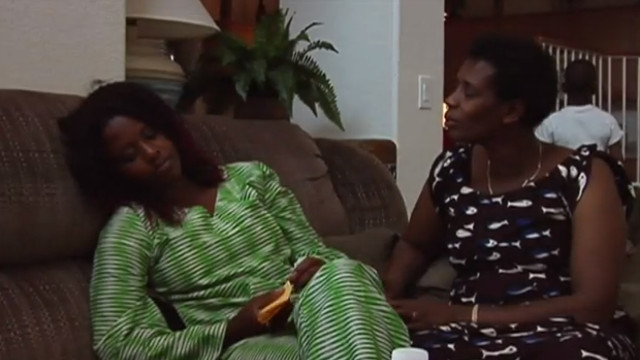SUMMARY
This is AI generated summarization, which may have errors. For context, always refer to the full article.

MANILA, Philippines – Rose Mapendo, a Congolese human rights advocate, is an example of the courage and grace that can rise above the gruesomeness of war and violence.
Last June 20, World Refugee Day, Rose’s story reached hundreds of moviegoers at Shangri-La Edsa at a screening of a documentary on her life.
In “Pushing the Elephants,” a 2010 film by Beth Davenport and Elizabeth Mandel, Rose is presented in her varied roles as mother, widow, refugee and acclaimed humanitarian.
Watch the trailer here:
It begins in Phoenix, Arizona where Rose has relocated with 9 of her children from the brutal civil war in her home country, the Democratic Republic of the Congo. They are the picture of a normal family, a house full of laughter, with children playing and bickering.
No one would think that in 1998, she and her children languished in a prison camp in the Congo just for being Tutsis. There, soldiers killed her husband and left all women and children to die by starvation. Despite being malnourished, Rose gave birth to twins inside her prison. In the film, she recounts how, lacking medical equipment to tie the umbilical chord, she used her hair ribbon instead.
But her trials were not over. To prevent her eldest son from being killed, Rose had to allow a soldier to rape her eldest daughter who later on became pregnant with the soldier’s child.
In 2000, she and her children were rescued and transferred to the United States as refugees. But she left one daughter behind. Nangabire was 4 years old when she was separated from her mother and siblings. For 13 years, she stayed with her grandfather instead and had to stop going to school.
“Pushing the Elephant” shows the reunion of mother and daughter in the US. Nangabire, now 17, also struggles to adapt to her American high school and find her place among her siblings–many of whom she never met.

Interwoven into the family drama is Rose’ advocacy for refugees, women and children. The film shows her speaking in different parts of the world, from the White House to the United Nations High Commissoner for Refugees (UNHCR) headquarters in Geneva, Switzerland.
But she desires to return to her country to help the women and children left behind. Despite the danger, will Rose get her wish?
Rose among thorns
“Pushing the Elephant” is a film that manages to tell a complex story by piecing simple elements together. With no narration, the film uses conversations to lead audiences from one plot point in this real-life narrative to another, from Rose and Nangabire talking about the difficulty of learning English to Rose and her brother arguing over whether to return to the Congo.
But the most remarkable facet of this film is Rose herself. Without her even trying, her strength, humor, warmth and energy flow out into this story like nectar. Simply listening to her speak gives one hope for humanity.
The film makes it evident that for Rose, motherhood and her advocacy are one and the same thing. She approaches her fellow refugees as a mother would approach her hungry child. Though it pains her to leave her real children when she travels all over the world to visit other refugees, a glow returns to her face when she speaks to the abandoned children of her country.
This family portrait is used to tell the much larger–and for most people, more abstract–story of refugees all over the world. Through the Mapendo family, one senses the impact of forced displacement on individuals and families. Though the Mapendos are among the lucky ones, the film also reminds viewers that there are more out there who continue to suffer from inhumanity among human beings.
African music, with its stomp-your-feet-clap-your-hands drumbeats, is a persistent element in this film, perhaps a fitting metaphor for the unassailable human spirit that beats on despite the terrible odds. – Rappler.com
Add a comment
How does this make you feel?
There are no comments yet. Add your comment to start the conversation.